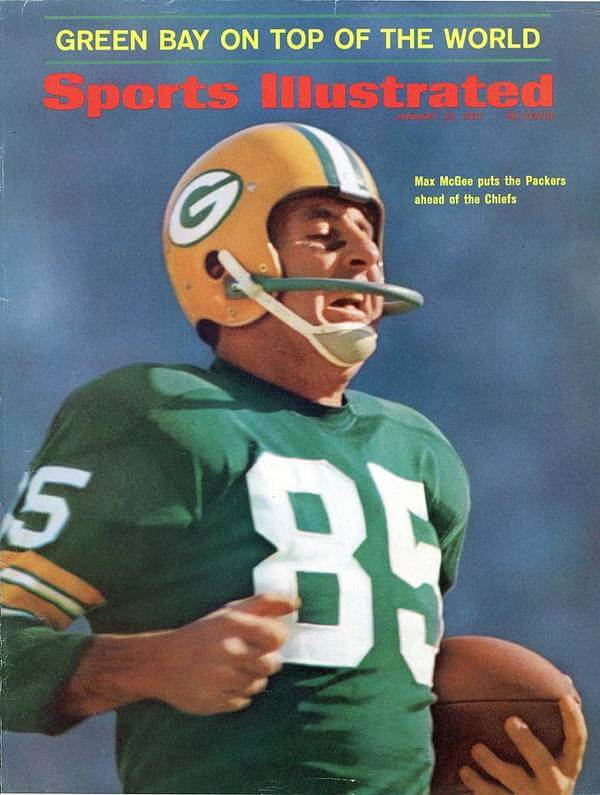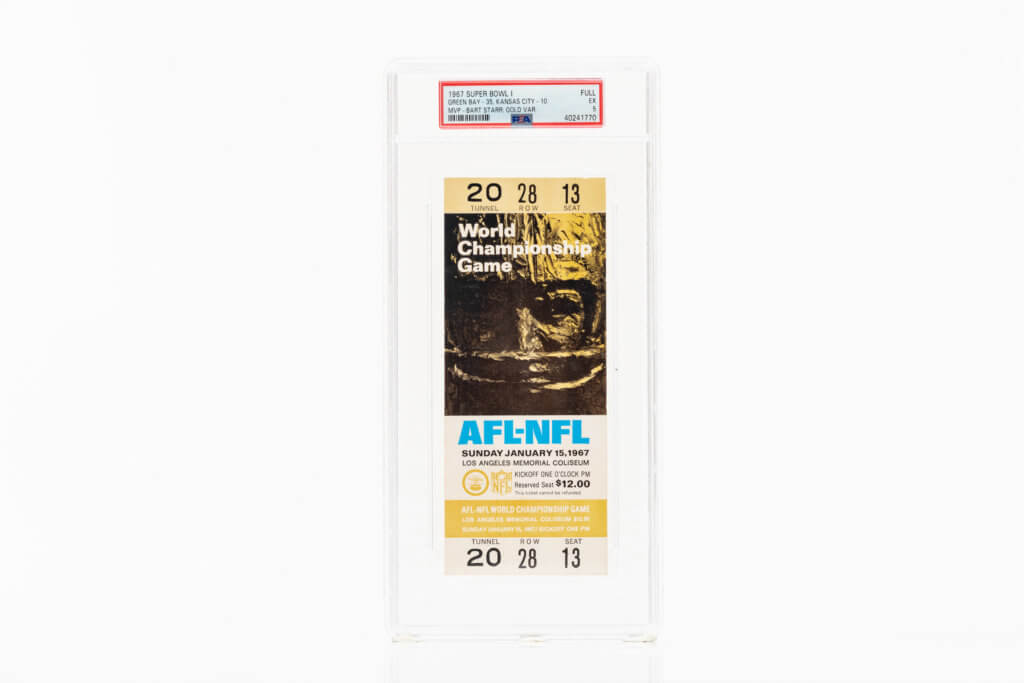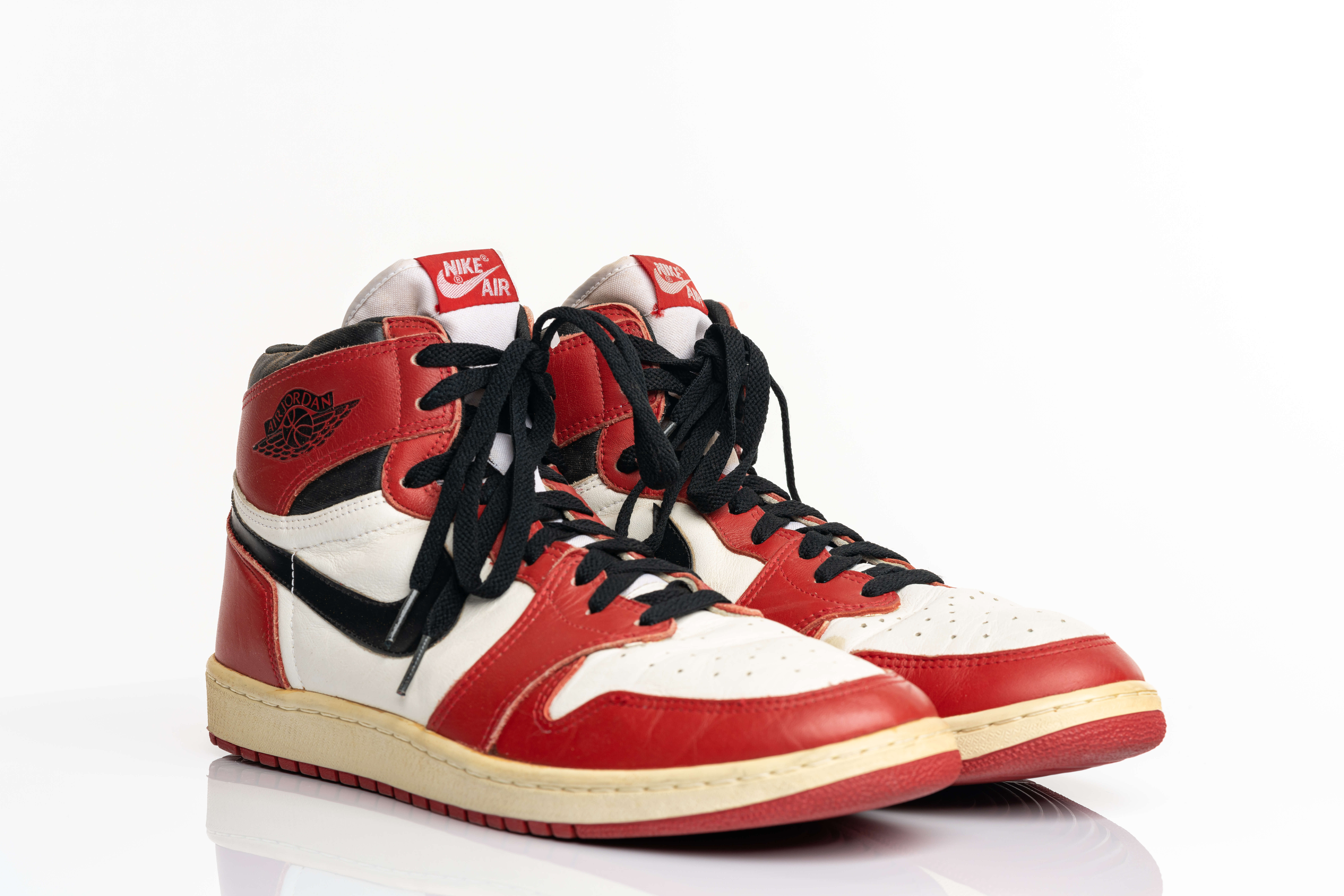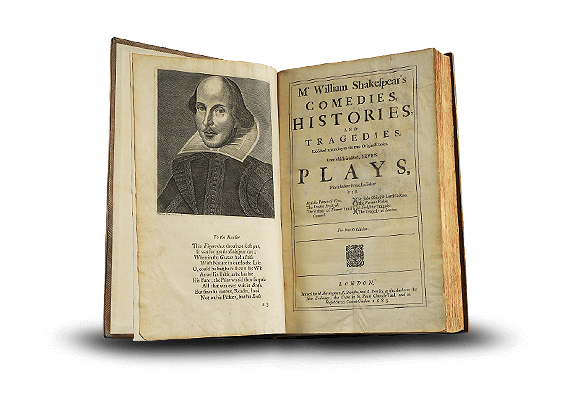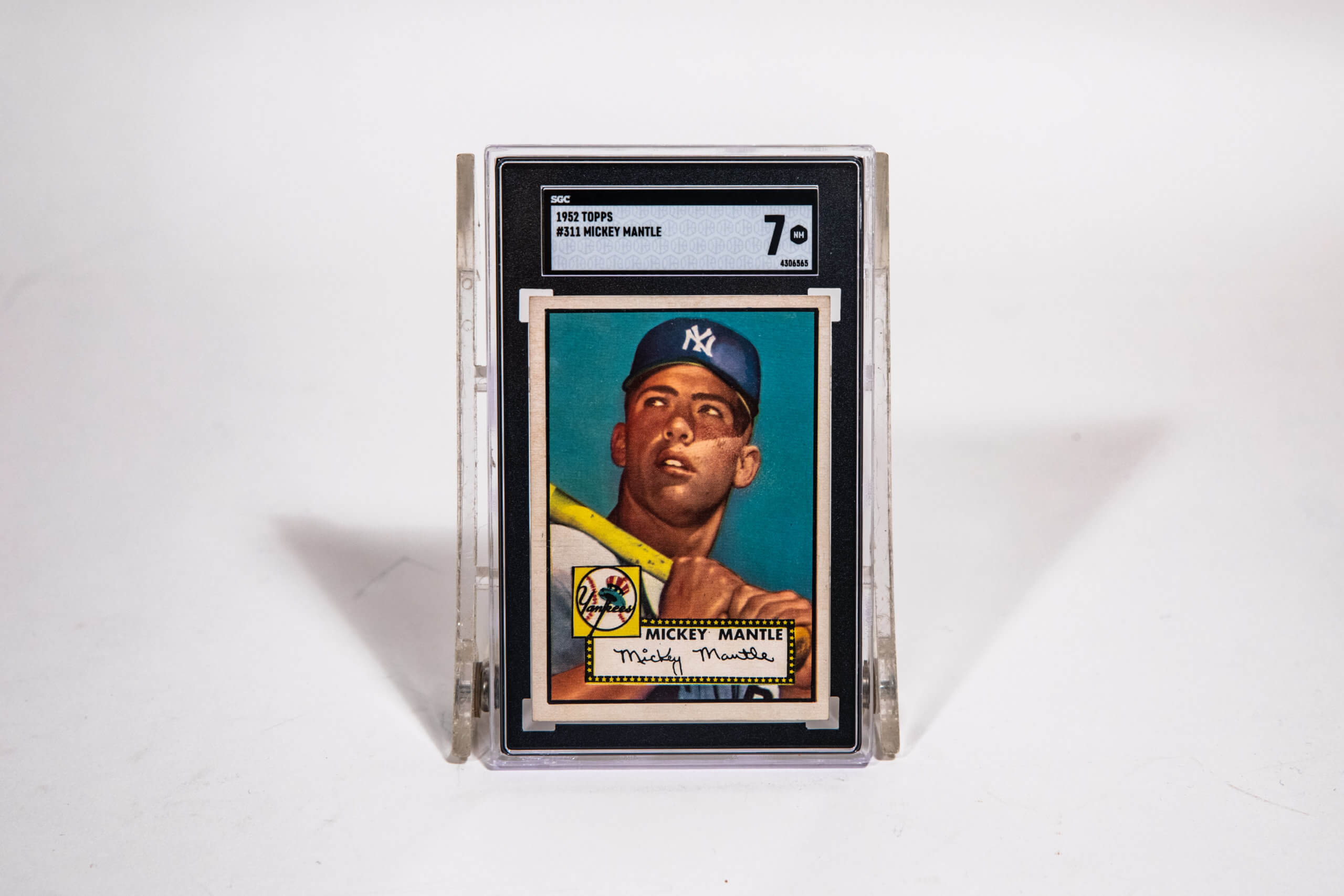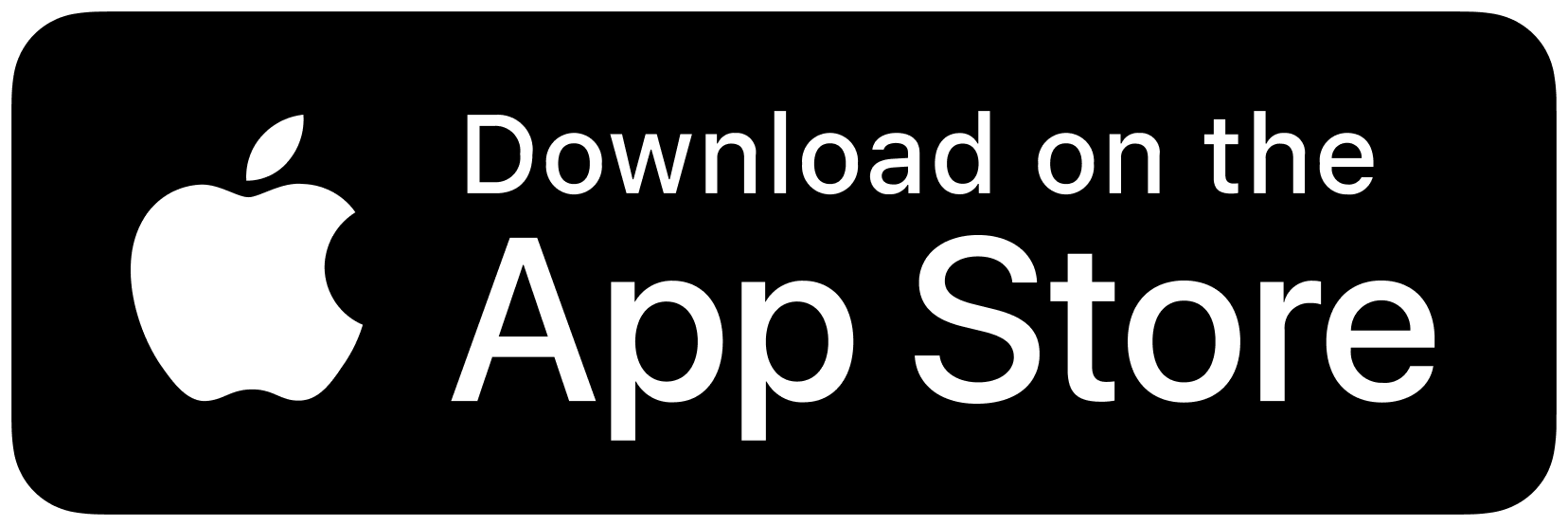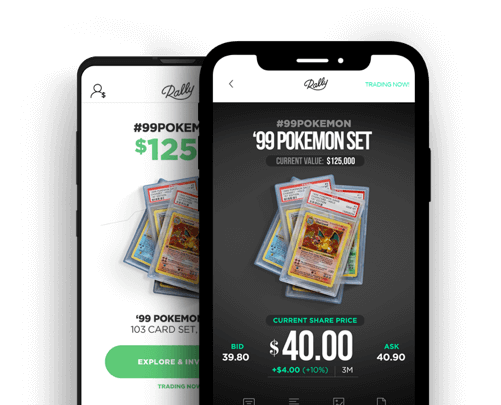Blog > Stories
Super Bowl 1 Was a Wild Experiment
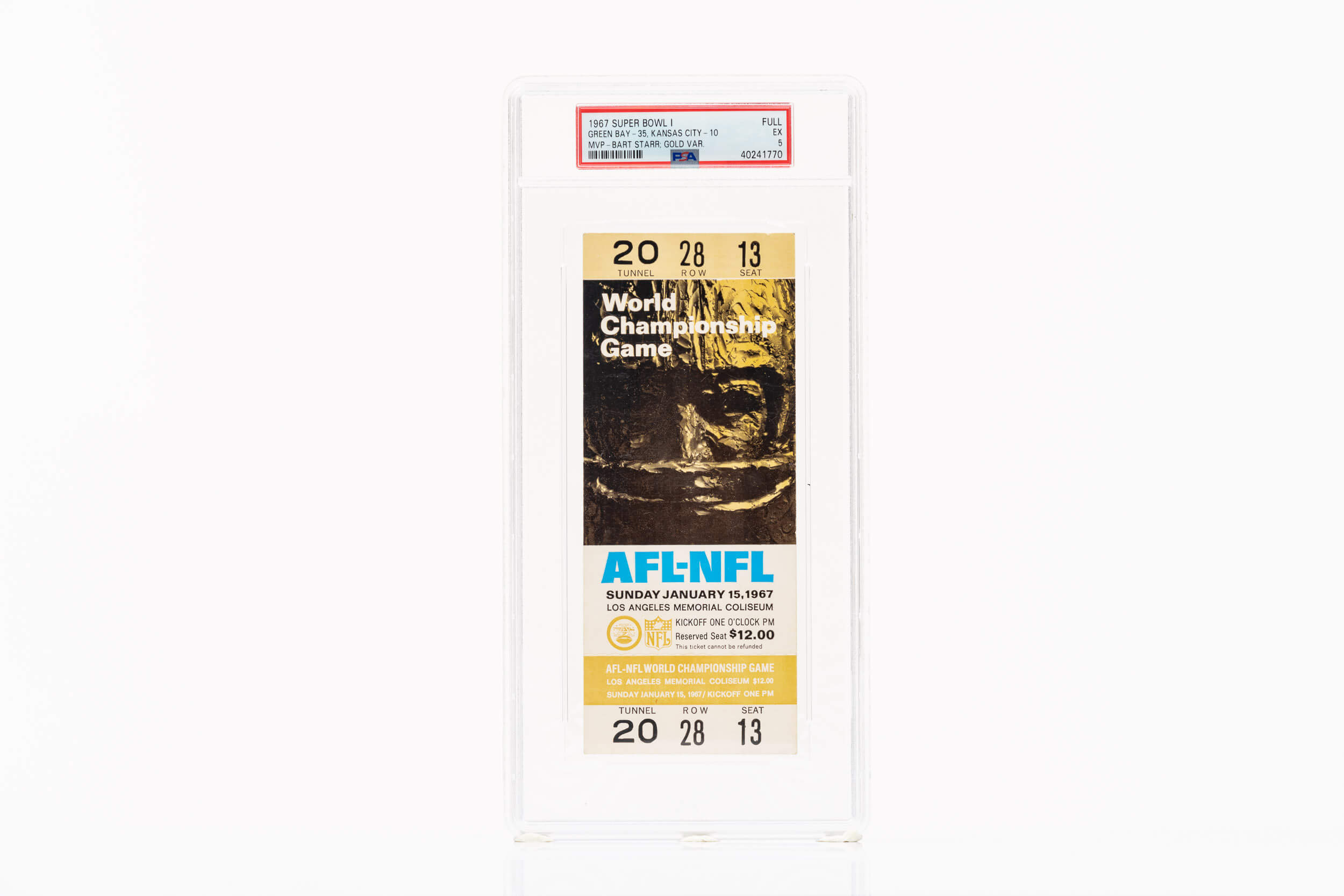
Blog > Stories
Super Bowl 1 Was a Wild Experiment

Back in 1966, the rival National Football League and American Football League decided to initiate a merger that would finalize in a few years. In the meantime, they agreed to have their two best teams face off in one epic championship game. On January 15, 1967, The NFL’s Green Bay Packers and AFL’s Kansas City Chiefs faced off for the first time.
This historic game would kick off North America’s most widely watched annual sporting event, the Super Bowl. How did the Super Bowl’s name come to be? Which league’s official ball would be used in the game? Find out the answers to these questions and more in our roundup of Super Bowl I trivia.
Each Team Played With Different Balls
The Super Bowl was the first time the NFL and AFL had to merge their disparate rulesets. One of the many stipulations was that each team’s offense would play with their league’s standard football. This meant the Packers would use the NFL’s Wilson ball and the Chiefs would use the AFL’s Spalding J5-V.
According to the New York Times, the Spalding ball was slightly longer and narrower, with a more tacky exterior, making it easier to pass. While the Wilson ball was better suited to kicking.
This separate ball rule continued through the first four Super Bowls. The AFL and NFL officially merged in 1970 and agreed to use Wilson footballs from then on. Wilson has been the official ball of the NFL since 1941, the longest ball partnership in professional sports.
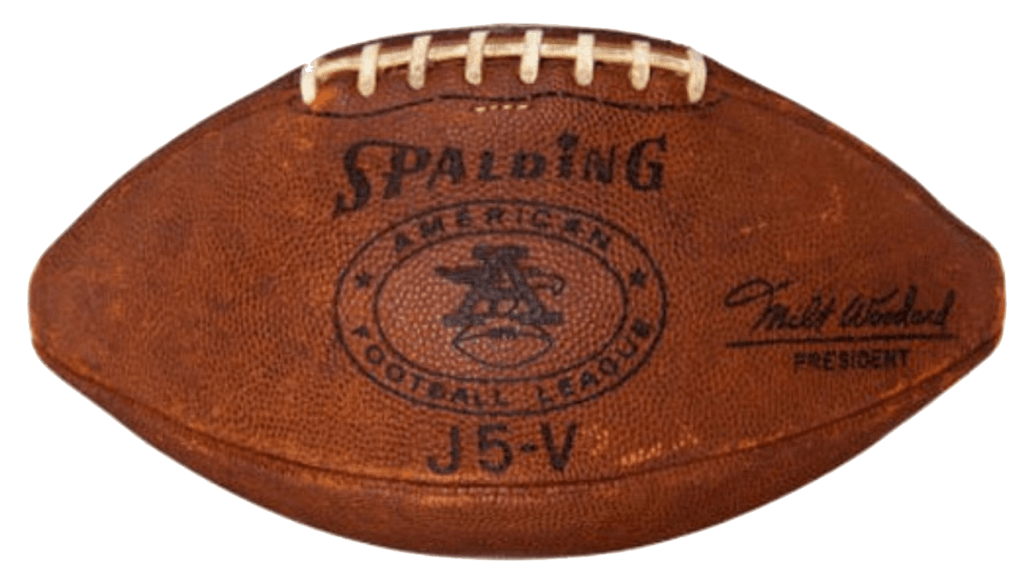
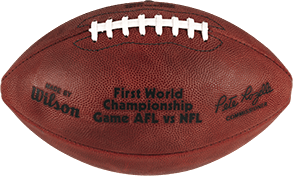
The Second-Half Kickoff Mulligan
Did you know the kickoff to open the second half of Super Bowl I had to be redone?
Due to AFL and NFL’s separate TV deals, Super Bowl I remains the only one to be simulcast on two networks. According to CBS Producer Bill Creasy, CBS handled the production of the game and provided the feed to NBC. CBS controlled communications between the TV truck and the field and cleared the Packers to kick off.
Behind the scenes, an NBC producer burst into the CBS production area and demanded a do-over. Allegedly, NBC was still in commercials and had missed the kick.
The first kick was ruled dead in the air so there was no glorious touchdown run erased from history. On the second attempt, the Chiefs’ Bert Coan received the ball and ran it for 16 yards.
Naming the Super Bowl
Leaders from both leagues met regularly to iron out the details of their first championship game, but they kept confusing the separate NFL and AFL playoff game names with the big final game.
AFL founder and Kansas City Chiefs owner Lamar Hunt recalled stumbling across the name, saying ”No, not those games – the one I mean is the final game – you know, the Super Bowl.’
He later said he was inspired by Wham-O’s Super Ball, a toy his children played with at the time.
Instead of going with this obviously great name, they ended up mashing the “NFL Championship Game” and “AFL Championship Game” into the absurdly wordy AFL-NFL World Championship Game. Fortunately, “Super Bowl” was used as a shorthand and showed up in newspapers as early as September 1966.
The Super Bowl moniker finally became official with Super Bowl III, appearing in the NBC broadcast and the programs sold in the stadium, but has been retroactively applied to the first two games.
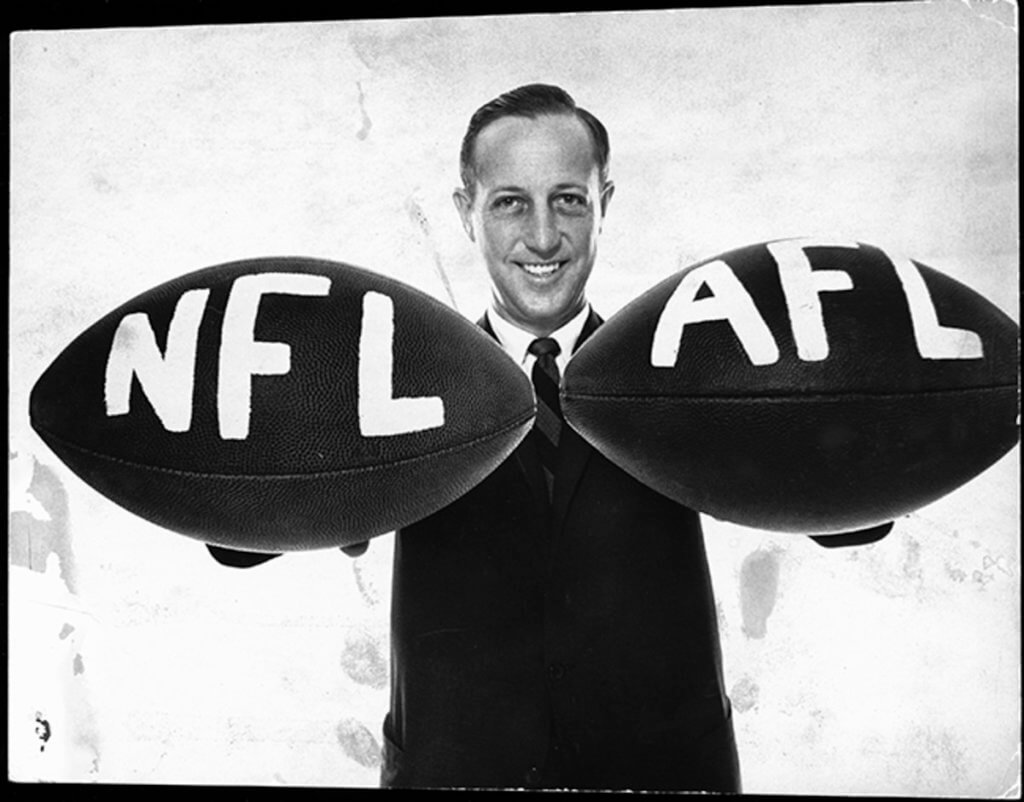
The Ballad of Max McGee
There are many great stories from Super Bowl I, but perhaps the most legendary is the tale of Max McGee.
The Green Bay Packers backup receiver hardly played all season, notching only 4 receptions. McGee had the rare chance to party in Los Angeles with two flight attendants the night before the big game and he wasn’t going to waste it.
Despite a potential $5,000 fine imposed by coach Vince Lombardi if he was caught, McGee waited until after bed checks and snuck out. He wouldn’t return until 6:30 in the morning, calling teammate Paul Hornung from the hotel lobby to see if he was busted. “No, you lucky bastard, now get your ass up here,” he replied.
Hungover beyond belief, McGee told starter Boyd Dowler in the locker room he better not go down today. Two plays into the game, Dowler was out with a separated shoulder and in came McGee.
Max stepped up and in the first quarter made an incredible one-handed behind-the-back catch, scoring the first touchdown in Super Bowl history.
He went on to score another impressive touchdown that day and put up 138 receiving yards. McGee landed the cover of Sports Illustrated with the pain of the night before written all over his face.
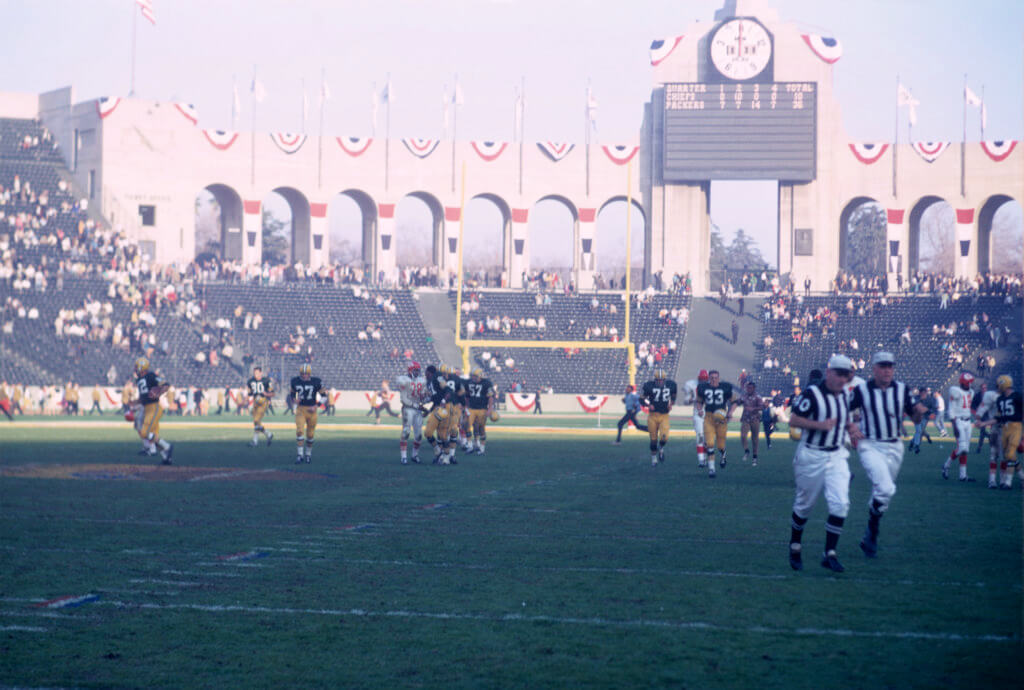
Sources
Lamar Hunt, “Naming The Game,” New York Times, January 20, 1986. https://www.nytimes.com/1986/01/20/sports/naming-the-game.html.
NFL, “Super Bowl I: The First AFL-NFL Championship Game | Chiefs vs. Packers | NFL,” YouTube video, 22:20, January 12, 2016, https://youtu.be/-ihLXZ2-l7A.
NFL, “Super Bowl I: The Lost Game.” January 15, 2016. NFL Network.
Tim Layden, “The man behind the legend: McGee’s story goes well beyond SB hangover,” Sports Illustrated, December 28, 2015. https://www.si.com/nfl/2015/12/28/max-mcgee-green-bay-packers-super-bowl-i.
Michael Beschloss, “Before the Bowl Was Super,” New York Times, January 24, 2015. https://www.nytimes.com/2015/01/25/sports/before-the-bowl-was-super.html.
No byline, “Downs With The Duke: The 10 Most Iconic Super Bowl Footballs,” Wilson Blog, Undated, https://www.wilson.com/en-us/blog/football/throwback/downs-duke-10-most-iconic-super-bowl-footballs.
Angelo Coniglio, “American Football League: The J5-V and J6-V Football,” Remember The AFL, Undated, http://www.remembertheafl.com/J6-V.html.


